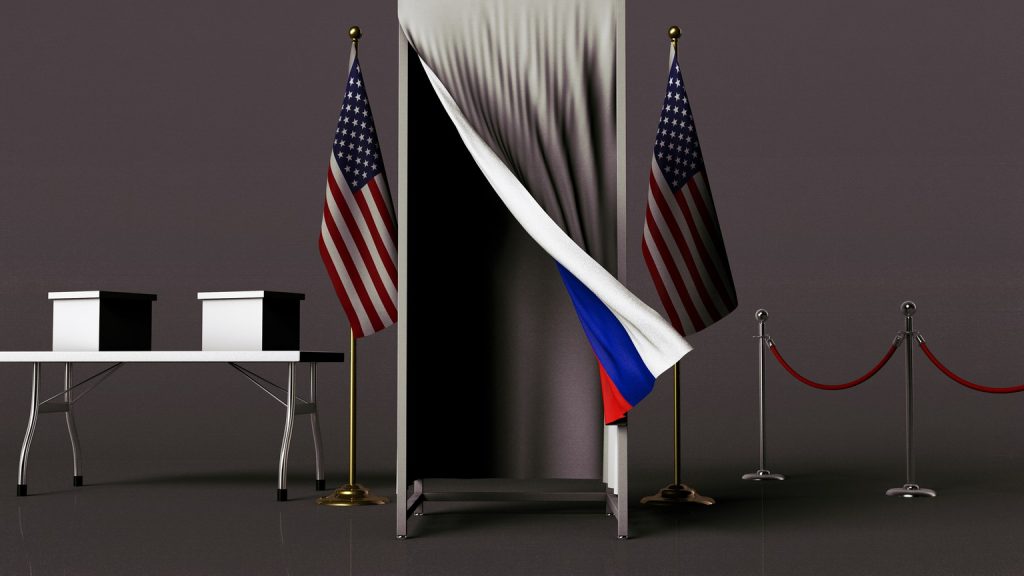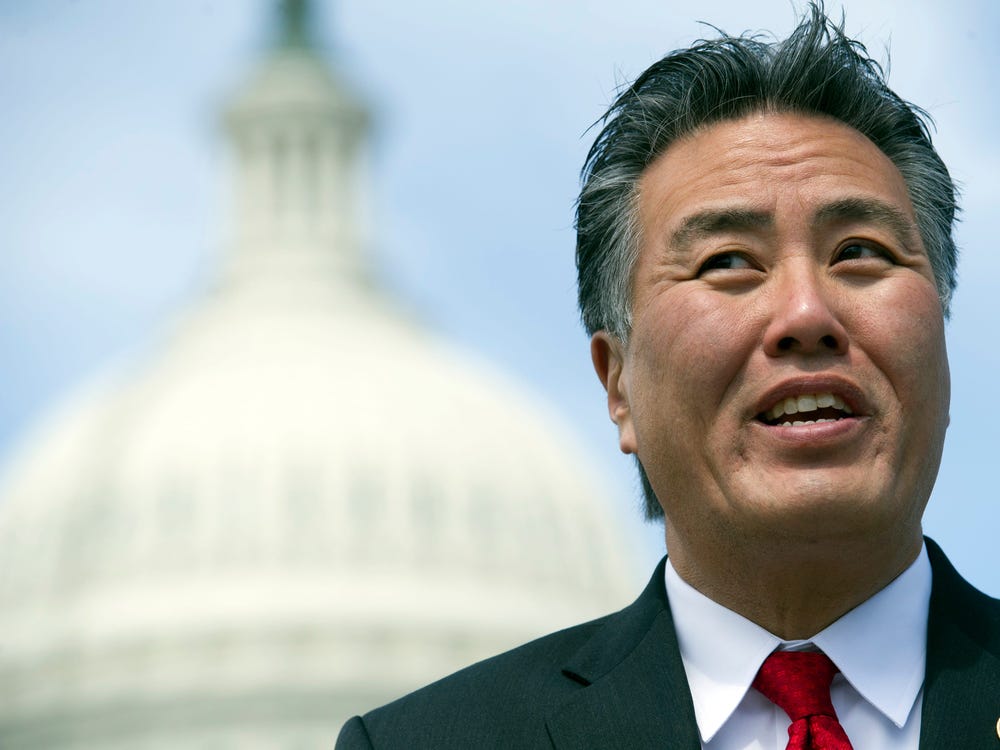The culture of working and contributing most of one’s leisure time for one’s job is considered to be a success and is measured as a win in the industry. This means that one works during office hours and in hours beyond to show how dedicated one is towards the duties of work. However, the glorification of this practice of overworking is getting criticized these days. In fact, shorter workweeks have been suggested around the globe for different countries.
Japan has already trialed a 4-day workweek, and it turned out to be productive and a success. Similarly, Congressman Mark Takano has stated that if he comes in power, he will ensure a 32-hour workweek instead of a 40 one. He believes it will give the employees more incentive to work well, enhance productivity, and give them more room for rest.

Recently, it is revealed by the American Federation of Labor and Congress of Industrial Organizations president Richard Trumka that America’s workforce was delivering increased productivity without an increase in salaries. Hence, reduced hours with somewhat constant pay will make the workplace a better reward system for the employees.

With time, the nature of work and the productivity expected are changing. So, it is better to adapt to different methods of working so efficiency and effectiveness can be achieved. However, this will still not affect some jobs like Uber drivers, etc. who have to work all days of the week, nevertheless.
Takano has sought inspiration for this change from the trial conducted in Iceland. People were made to work 4 days a week and for their responses and experiences, they stated that they felt more in control and satisfied with their work situation. Their productivity was also increased or remained the same. Hence, there is a proven trial to support Mark’s insistence as well.


